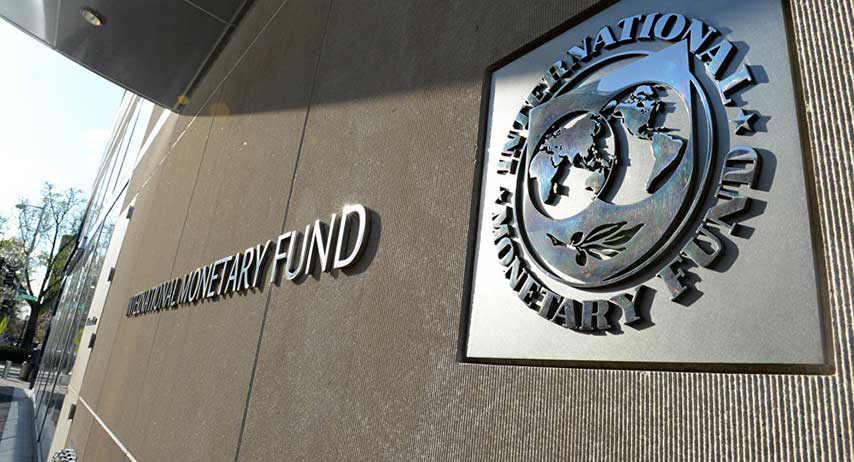An International Monetary Fund (IMF) staff team led by Uma Ramakrishnan visited Jamaica from February 20 to March 3, 2017, to conduct discussions on the first review of Jamaica’s financial and economic program supported by the IMF’s precautionary Stand-By Arrangement (SBA). The program was approved by the IMF’s Executive Board on November 11, 2016 (see Press Release No.16/503 ).
At the end of the visit, IMF Mission Chief, Ms. Ramakrishnan issued the following statement in Kingston:
“The IMF team reached a preliminary agreement with the authorities on a set of policies that aims at completing the first review under the SBA. Consideration by the IMF’s Executive Board is tentatively scheduled for April 2017. Upon approval, an additional SDR 126 million (about US$170 million) will be made available for Jamaica, bringing the total accessible credit to about US$574 million. The Jamaican authorities continue to view the SBA as precautionary, and use it as an insurance policy against unforeseen external economic shocks beyond Jamaica’s control.
“The SBA is off to a strong start—program conditions through December were met, with tax revenues and international reserves exceeding expectations; and structural reforms are taking hold.
“With 7 consecutive quarters of positive growth, the Jamaican economy is on track to reach a growth rate of 1.7 percent in FY2016/17. Growth is projected to continue improving to 2.1 percent in FY2017/18, bolstered by construction, increased room capacity in the tourism sector, business process outsourcing, and a recovery in mining. The current account deficit is down to about 3 percent of GDP, supporting robust growth in non-borrowed reserves, which reached almost US$1.8 billion by end-February. Employment is steadily improving but the unemployment rate remains high at 12.9 percent, reflecting an expanding labor force.
“The FY17/18 budget tabled in Parliament targets a central government primary surplus of 7 percent of GDP. On the revenue side, the shift from direct to indirect taxes continues with the second phase of the personal income tax (PIT) reform that raises the PIT exemption threshold to J$1.5 million. The government underlined its commitment to supporting this reform with a revenue-neutral tax package that maintains fairness, progressivity and efficiency. To insulate Jamaica’s poorest citizens from the effects of these changes in tax policy, the government has significantly increased its budget allocation for social protection programs such as PATH. The budget also frees up resources for growth-enhancing capital spending by continuing the government’s prudent approach to public sector wage and employment policy.
“Steadfast implementation of the government’s reform program is essential for continued macroeconomic stability, growth and job creation. This will require a sustained, multi-year focus on improving public sector efficiency and maintaining the government’s wage bill on a firm downward path. Next steps include passing the pension bill and rolling out an early retirement program, finalizing the medium-term compensation policy for government workers, consolidating public bodies, and accelerating the introduction of the human resources software.
“Further enhancing financial sector supervision and crisis preparedness, including through the adoption of a robust crisis resolution framework, are near-term priorities.Increasing the operational autonomy and accountability of the BOJ and improving the ways in which it interacts in the currency markets to make those interactions more efficient and more market-based will support the intended transition to an inflation targeting framework for monetary policy
“The IMF team met with Prime Minister Andrew Holness, Finance Minister Audley Shaw, Bank of Jamaica Governor Brian Wynter, State Minister Fayval Williams, Ambassador of Economic Affairs Nigel Clarke, Financial Secretary Everton McFarlane, Planning Institute Director General, Wayne Henry, senior government officials, as well as members of the private sector, labor unions and civil society. The mission would like to thank the Jamaican authorities for their hospitality and collaboration.”





